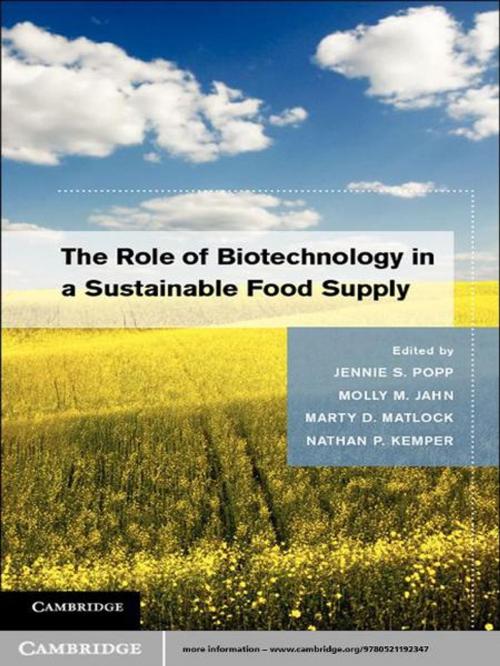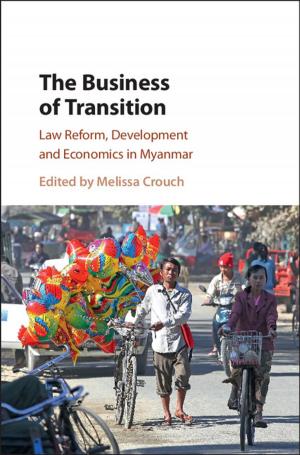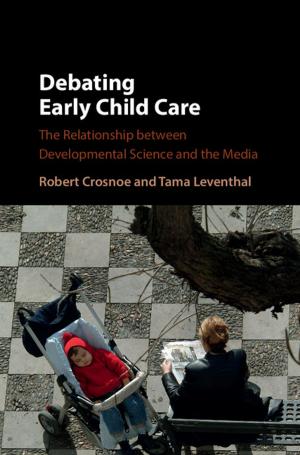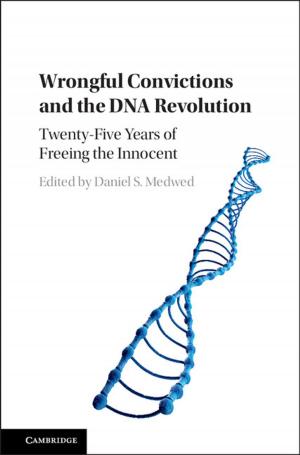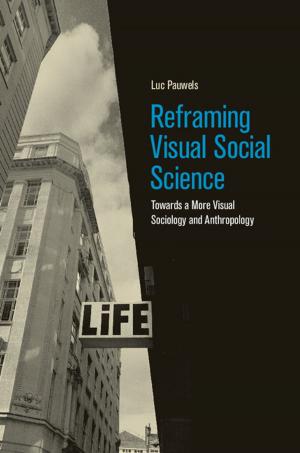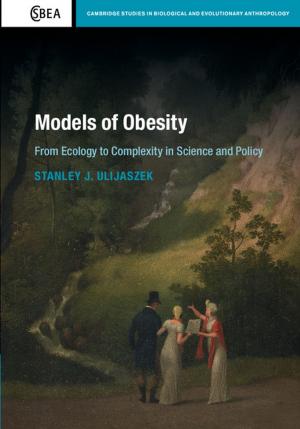The Role of Biotechnology in a Sustainable Food Supply
Nonfiction, Science & Nature, Science, Biological Sciences, Botany, Technology, Nature| Author: | ISBN: | 9781139234054 | |
| Publisher: | Cambridge University Press | Publication: | January 31, 2012 |
| Imprint: | Cambridge University Press | Language: | English |
| Author: | |
| ISBN: | 9781139234054 |
| Publisher: | Cambridge University Press |
| Publication: | January 31, 2012 |
| Imprint: | Cambridge University Press |
| Language: | English |
A challenge of our generation is the creation of an efficient system providing sustainable food and fuel from the land whilst also preserving biodiversity and ecosystems. We must feed a human population that is expected to grow to more than nine billion by mid-century. Agricultural biotechnology is one tool that holds potential promise to alleviate hunger and poverty. However, there are complex and interrelated scientific, social, political and ethical questions regarding the widespread use of biotechnology in the food supply. This edited volume discusses diverse perspectives on sustainable food production systems in terms of challenges, opportunities, success stories, barriers and risks associated with agricultural and food biotechnology. The effects of biotechnology on the environment, ethical and moral issues, potential changes to government policies and economics, and social implications are summarised. This book will interest students, professionals and researchers from the areas of bioengineering, agriculture and ecosystem science to economics and political science.
A challenge of our generation is the creation of an efficient system providing sustainable food and fuel from the land whilst also preserving biodiversity and ecosystems. We must feed a human population that is expected to grow to more than nine billion by mid-century. Agricultural biotechnology is one tool that holds potential promise to alleviate hunger and poverty. However, there are complex and interrelated scientific, social, political and ethical questions regarding the widespread use of biotechnology in the food supply. This edited volume discusses diverse perspectives on sustainable food production systems in terms of challenges, opportunities, success stories, barriers and risks associated with agricultural and food biotechnology. The effects of biotechnology on the environment, ethical and moral issues, potential changes to government policies and economics, and social implications are summarised. This book will interest students, professionals and researchers from the areas of bioengineering, agriculture and ecosystem science to economics and political science.
